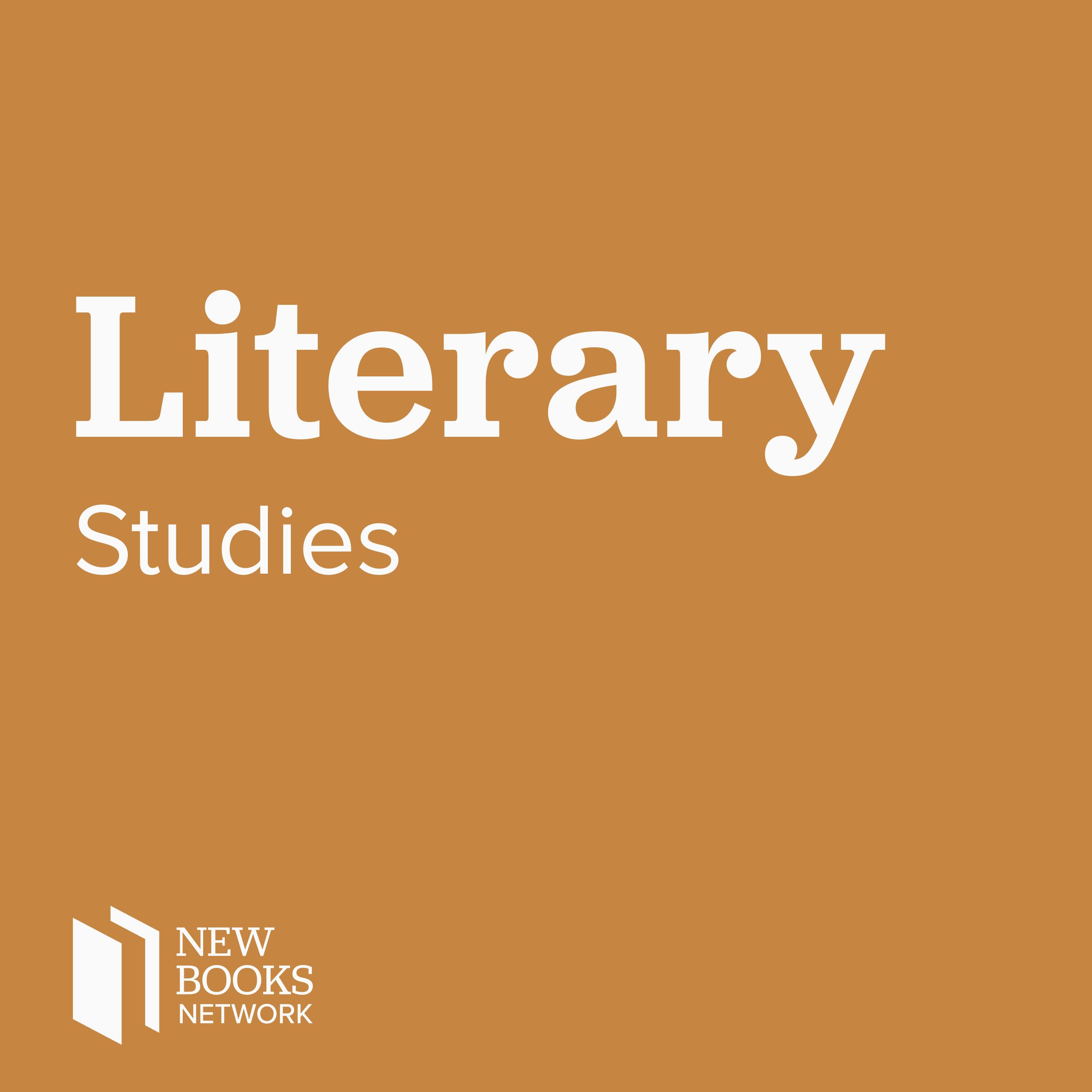
Book Talk 56: Roosevelt Montás on "Great Books"

New Books in Literary Studies
Shownotes Transcript
Roosevelt Montás is Senior Lecturer in American Studies and English at Columbia University. A specialist in Antebellum American literature and culture and in American citizenship, he focuses mainly on the history, meaning, and future of liberal education. This question motivates his book Rescuing Socrates: How the Great Books Changed My Life and Why They Matter for a New Generation) (Princeton University Press, 2021).
“Great Books” dominate “the Core” at Columbia University, where undergraduates must complete two years of non-departmental humanities courses. Montás teaches in the Core and was for ten years the director of the Center for the Core Curriculum. From this vantage point, he considers the function of “great books” today, particularly for members of historically marginalized communities like himself.
In Rescuing Socrates, he recounts how a liberal education transformed his life as a Dominican-born American immigrant. As many academics deem the Western canon to be inherently chauvinistic and the general public increasingly questions the very value of the humanities, Montás takes a different approach. He argues: “The practice of liberal education, especially in the context of a research university, is pointedly countercultural.” *The New York Times *praised the book for its compelling argument “for the value of a Great Books education as the foundation for receiving the benefits of everything else a school has to offer.”
I spoke with Montás about the complicated value of “great books,” the potential of a humanities education, and his conviction that a teacher in the humanities can trigger for students the beginning of a lifelong investigation of the self.
Learn more about your ad choices. Visit megaphone.fm/adchoices)
Support our show by becoming a premium member! https://newbooksnetwork.supportingcast.fm/literary-studies)